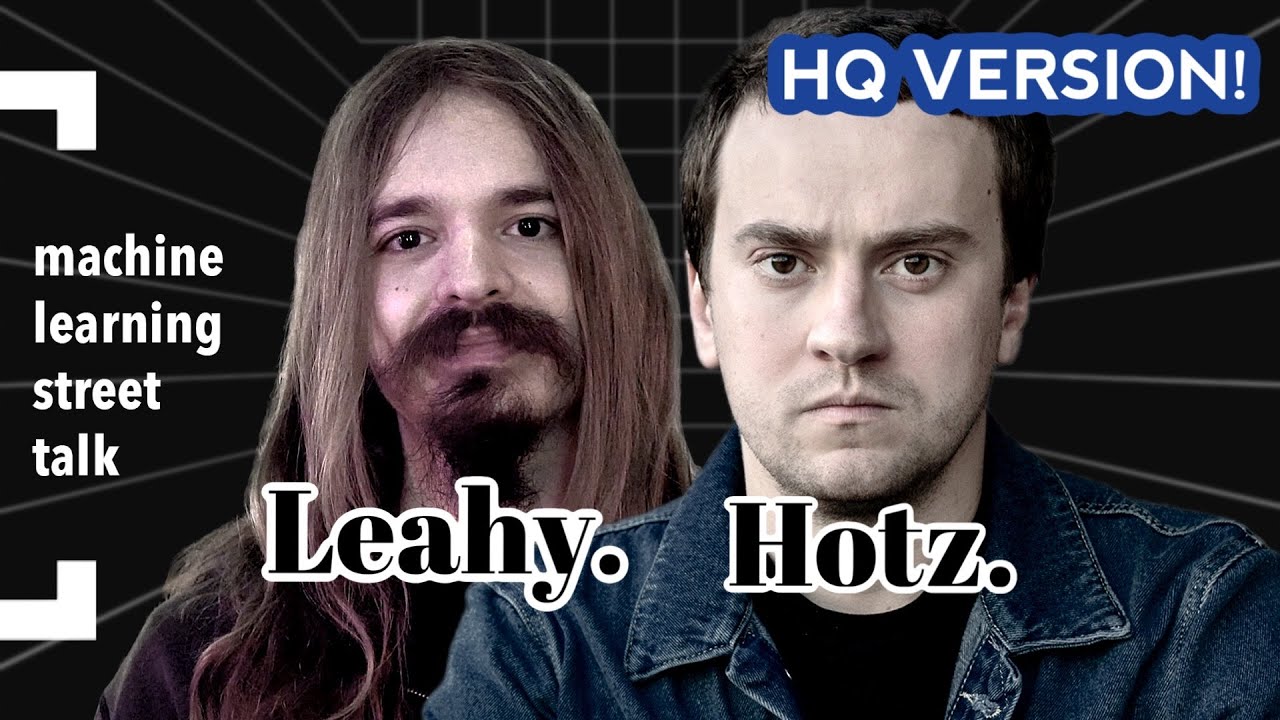

What’s more, any countries that try to put brakes on AI development will quickly find themselves at a disadvantage from countries that don’t. For this reason alone, AI will be seen as a national security concern by all major nations
In fact, we have seen that Americans are becoming increasingly fearful of AIs, in contrast to the Chinese, who generally trust AIs. This could be due to who has control over AIs. In the US, citizens are thinking about the most dystopian version of a large-scale implementation of these intelligence models because they know that the government will use it to further repress the working class. In China, government regulation of AIs generates trust because they trust the government. But as I mentioned in another comment, an open source AI for the whole population would be useless if such code is governed by a libertarian license like MIT/Apache 2.0, because of how easy it would be for the ruling class to appropriate this work to privatize and improve it to such an extent that the original code could not be measured against it.
This would allow for unprecedented level of economic planning efficiency.
Yes, in fact, isn’t that what the Chileans had in mind when they came up with Cybersyn? With the technological advances of our era, especially in the field of AI and so on, it would make sense to go back to this idea. China has the potential to implement it on a large scale in my opinion.
Then the model is trained to interact with the physical world through reinforcement and this leads it to to create an internal representation of the world that’s similar to our own. This gives us a shared context that we can use to communicate with the model trained in this fashion. Such a model would have actual understanding of the physical world that’s similar to our own, and then we could teach it language based on this shared understanding.
Regarding what you mention, I have a question (maybe it sounds stupid), but assuming that these AI learn and develop in a particular environment and become familiar with it in a similar way to humans, what would happen if these AI interact with something or someone outside that environment? That is, for example, if an AI develops in an English-speaking country (environment) and for some reason interacts with a Spanish-speaking person, the cultural peculiarities that the AI has learned in that environment are not applicable to this subject. Do you think it could give a false sense of closeness or technical limitation? idk if I’m making myself clear or if this is an absurd question 😅



Fair enough 😅 I know the participants are cringe, but I have shared it because I would like to hear your opinion from a Marxist perspective. GeoHot is an accelerationist and Connor I think tries to be “apolitical”, you know… lol
Anyway, I’ve put in the description of the post a summary of the transcript in case someone wants to know what they say without having to watch the video.